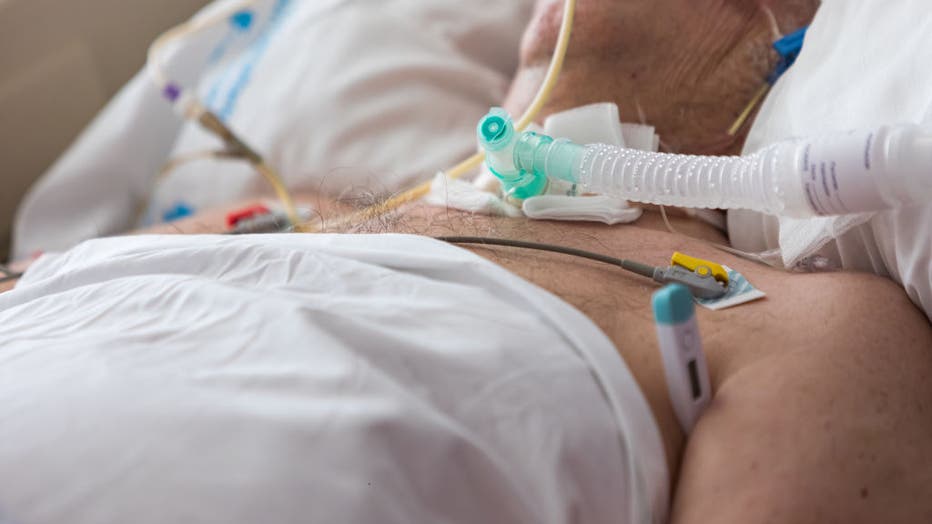Study finds COVID-19 attacks lining of blood vessels in lungs, causes microscopic blood clots
LOS ANGELES - A recent study published in the New England Journal of Medicine on Thursday found increasing evidence that points to the severity of COVID-19 over the seasonal flu.
Researchers examined seven lungs from patients who died of COVID-19 and compared them with seven lungs from patients who died of pneumonia caused by the flu. They also examined 10 uninfected lungs matched by age and used as a means of experiment control.
They found evidence that COVID-19 attacks the lining of blood vessels in the lungs causing widespread damage.
RELATED: CoronavirusNOW.com, FOX launches national hub for COVID-19 news and updates
"What's different about COVID-19 is the lungs don't get stiff or injured or destroyed before there's hypoxia [oxygen deprivation]," study co-author Dr. Steven Mentzer, a professor of surgery at Harvard Medical School, told the Washington Post.
"For whatever reason, there is a vascular phase," along with the damage more often linked with viral diseases such as the flu, he said.
Researchers also noted that patients with the novel coronavirus suffered many microscopic blood clots. In a stark difference with lungs infected with the flu, the micro-clots were nine times as present in areas of the lungs that allow the passage of oxygen into the patient’s blood stream while carbon dioxide is emitted.

FILE - A COVID-19 patient with a tracheostomy lies while connected to a ventilator in the intensive care unit (ICU) at the Fundacion de Alcorcon University Hospital on May 20, 2020 in Alcorcon, Madrid, Spain. (Photo by David Benito/Getty Images)
Strangely enough, the lungs infected with COVID-19 appeared to grow new blood vessels almost three times as much as the lungs from patients with influenza, which researchers said was an “unexpected” finding.
Mentzer added that the overproduction of new blood vessels could mean that the lungs in a patient afflicted with COVID-19 are desperately trying to get more oxygen to oxygen-deprived tissue.
"That may be one of the things that gets people better," he said.
RELATED: Company creates face mask that allows wearer to eat
The study also tried to pinpoint any genetic factors that might help identify those who are most susceptible to the most severe effects of COVID-19, but were not able to come to any conclusions.
“A major limitation of our study is that the sample was small; we studied only 7 patients among the more than 320,000 people who have died from Covid-19, and the autopsy data also represent static information,” the study authors wrote.

